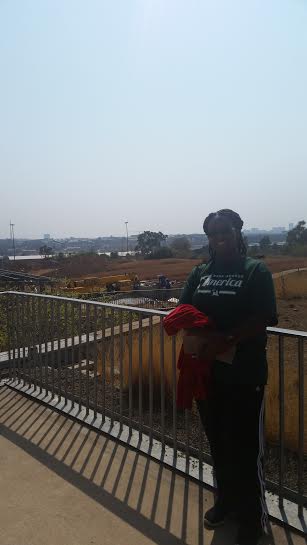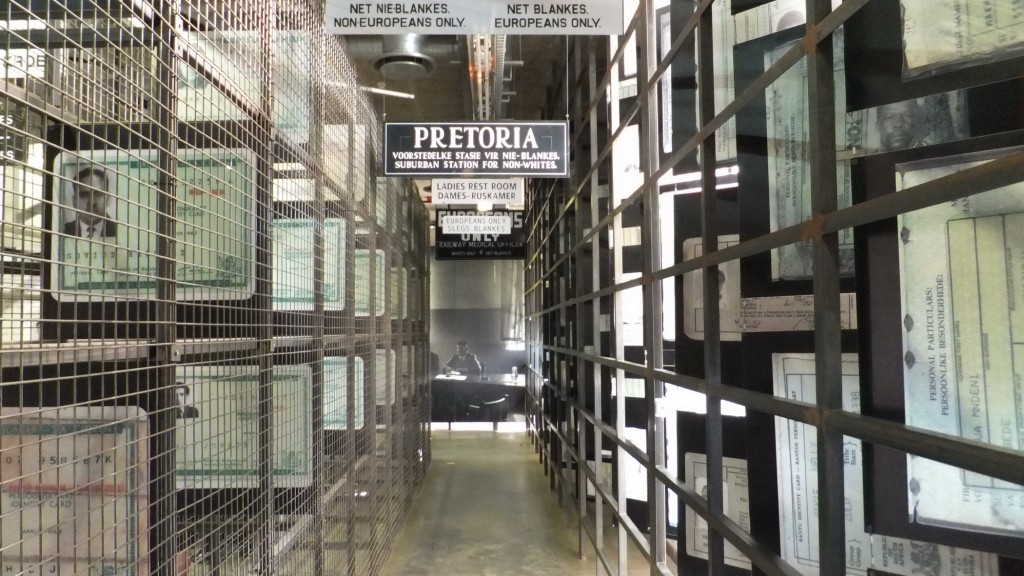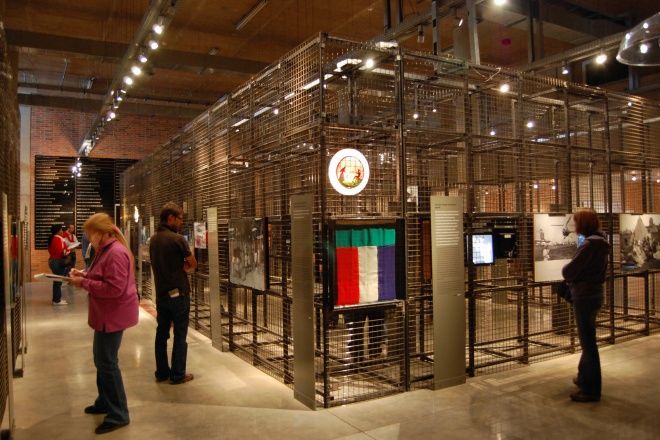Disclaimer: I’m no longer in Johannesburg (aka Jo-burg or Jozi) but this is my first ‘official’ blog.

Hello everyone and greeting from Johannesburg,
So this is my first of many blogs from the wonderful country that is South Africa. And I want to set some ground rules for understanding and appreciating all that will be my blog.
- My blog is an opportunity for me to send myself to you through the wonders of technology. That being said this blog will be as formal and as informal as I need it to be. When you read this blog imagine you are having a ten-minute conversation with me about my day/experience. And if you know me well then you know that, that is a relatively short conversation as I can be long-winded and am a verbal processor.
- Please enjoy my blog. One of the main reasons I have committed myself to blogging is I want to share my experience with you so please comment, suggest things and for my professors send me critiques of my writing, if you want, completely up to you though.
- Please be patient with me. I am learning and growing over in the foreign lands and so I might neglect my blog at times. So there is no official time that I will post a blog, just whenever I have time and based on my schedule I won’t have a lot but we’ll make it work. 🙂
So those are my “ground rules,” pretty simple I think. Oh and just so you know I might add to my ground rules if I think I need to but hopefully it’ll all be A-ok.
And now that’s out of the way, who wants to hear about my first day in South Africa? I know I do :)haha I kid but really.
My first day in South Africa was spent at the Apartheid Museum in Johannesburg. To say I enjoyed my experience seems a little inappropriate but I’m a history minor so on an educational and somewhat personal level I did enjoy my time in the museum. Two things really impacted me. The first is the design of the museum in that it is full of prison like structures with fences and cages throughout the museum. (Please see images below)


To me, it communicated the confined-ness of non-white South Africans during apartheid. The prison-like structures reinforced the institutional levels of control felt by everyone in apartheid South Africa. It reminded me of The Jim Crow Museum in Michigan that emphasized how every aspect of Black Americans lives from birth to death was dictated by Jim Crow laws. Similarly, in apartheid South Africa, every aspect of life was determined by one’s racial classification. If one was classified as anything other than white the implications of that reached far beyond a label, it meant whether or not one had access to education, health care, housing choices etc. Every level of life was touched by apartheid and that is really important for me to remember as I explore the social and political transformation of the country because without that understanding I don’t think I can fully appreciate the transformation of the country.
Second thing that stood out to me is the fact that apartheid was voted in by white citizens. It was not dictated like in Nazi Germany, although arguably Hitler being made Chancellor did come with it’s on implications and Jews were in the minority but I digress. Apartheid was something that was decided on by the people and then enacted. That was a powerful realization for me because I think that makes South Africa’s choice to deliberately and intentionally talk about race that much more powerful. How does one combat an intentional system of oppression? By facing it head on and dealing with it. Or at least this is a model that South Africa is trying to live into. And for someone fascinated by race, systems/structures and power dynamics, I think I will really enjoy exploring the intentionality of the country to try to reconcile with its painful past.
Lastly, advice that one of our Program Directors has mentioned repeatedly is, to remember to ask who is telling the story? The ANC (African National Congress or the party of Mandela) are the victors of apartheid so the museum is told from an ANC perspective. This is perfectly fine and legitimate but then as an avid learner and student I must always ask myself, who is being left out? What voices are not being told? Whose story am I not hearing about? This is something that I have learned to be conscious of at Hope and it something that I intend to continue to develop and that is the skill to hear the unheard.
So with that friends, I close today’s entry. Remember verbal processor, I love stories and imagine this was a 10-15 minute conversation with me and you’ll get through every post.
Thanks for reading! Until next time.

